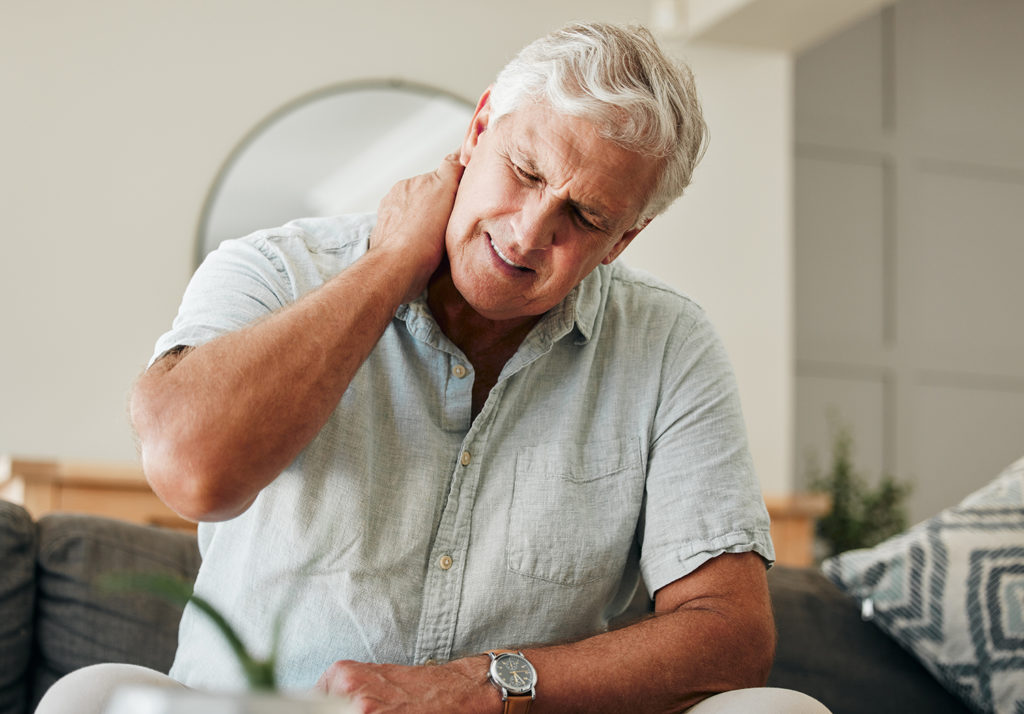Can acupuncture help patients suffering stress?
Please note this information is taken from the British Acupuncture Council directly.
Up to half a million people in the UK experience work-related stress every year, which often results in illness.(Health and Safety Executive 2011) Other factors that affect stress levels include alcohol, smoking, exams, pregnancy, divorce, moving, death in family, lifestyle, drugs, poor nutrition and unemployment.
The signs of stress can vary from one individual to the next.(NHS Choices 2011) They may manifest physically as an illness, tiredness or lethargy, or as symptoms such as sore, tight muscles, dull skin, lank hair, or erratic sleep patterns. Mental stress can result in depression, mood swings, anger, frustration, confusion, paranoid behaviour, jealousy or withdrawal.
Conventional treatments include medication such as anti-anxiety drugs, cognitive behavioural therapy and relaxation techniques.(NHS Choices 2011)
Stress is a common complaint cited by acupuncture patients, with a variety of possible associated symptoms. The most prevalent of these is anxiety. There are many other conditions that are affected by stress, such as back pain, chronic pain, depression, headache, insomnia, irritable bowel syndrome, menopausal symptoms, migraines, premenstrual syndrome and urinary incontinence.
There unfortunately is little research on the benefits of acupuncture when treating stress in isolation, but alongside other therapies, it may have greater effect. Research is however patchy.
Research has shown that acupuncture treatment may specifically benefit anxiety disorders and symptoms of anxiety by:
- Acting on areas of the brain known to reduce sensitivity to pain and stress, as well as promoting relaxation and deactivating the ‘analytical’ brain, which is responsible for anxiety and worry (Hui 2010; Hui 2009);
- Improving stress induced memory impairment and an increasing AchE reactivity in the hippocampus (Kim 2011);
- Reducing serum levels of corticosterone and the number of tyrosine hydroxylase-immunoreactive cells (Park 2010);
- Regulating levels of neurotransmitters (or their modulators) and hormones such as serotonin, noradrenaline, dopamine, GABA, neuropeptide Y and ACTH; hence altering the brain’s mood chemistry to help to combat negative affective states (Lee 2009; Cheng 2009; Zhou 2008);
- Stimulating production of endogenous opioids that affect the autonomic nervous system (Arranz 2007). Stress activates the sympathetic nervous system, while acupuncture can activate the opposing parasympathetic nervous system, which initiates the relaxation response;
- Reversing pathological changes in levels of inflammatory cytokines that are associated with stress reactions (Arranz 2007);
- Reducing inflammation, by promoting release of vascular and immunomodulatory factors (Kavoussi 2007, Zijlstra 2003);
Reversing stress-induced changes in behaviour and biochemistry (Kim 2009).
For more information about your specific issues, please call Rebecca Bond, acupuncturist at Broadwater Osteopaths, Worthing






